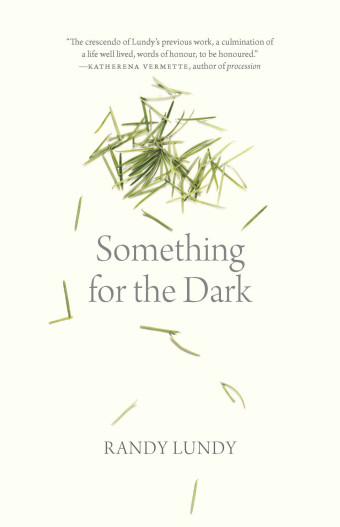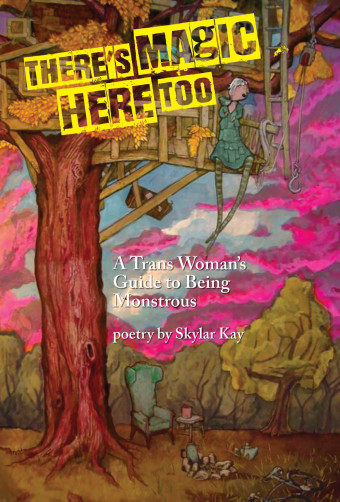Journeys of all sorts fill the pages of Burnaby-based Caroline Wong’s new collection of poems, Primal Sketches. Wong takes readers stumbling through hiking paths in British Columbia, trudging along the Camino de Santiago, and fleeing down the Yangtze River. She takes readers on journeys through loss, death, diaspora, and finally, hope.

- Primal Sketches
- Caroline Wong
- Signature Editions
- $17.95 Paperback, 96 pages
- ISBN: 978-17-73240-86-2
“For me, journeys are acts of expectation, a move toward possibilities and discovery. Over the years, I have taken many journeys, most important of which is my immigration from southern China to Canada when I was young,” says Wong.
Poems such as “What We Carry,” “Where We Land,” and “Ancestor Worship” draw on the stories of her family and their many forced migrations and immigrations
“My paternal great-grandfather went to Malaysia; my maternal grandfather, to Cuba; my two uncles, to Annam, Vietnam; and my father and his father, to Canada,” she says. “But my family story is also one of uprooting, loss, hardships, suffering, loneliness, twinned with a story of human courage, resilience, and most important, of love of family and the continuation of the family line.”
Among her words, Wong also makes space for two ancient Chinese poets, Li Po and Li Qing Zhao, whose works echo her own.
“Li Po lived most of his life in exile. I grew up with some of his poems. Mostly written in five- or seven-words-per-line quatrains in simple language, his poems are easy to learn and memorize, their meanings easily comprehended. More important, his feeling of isolation, loneliness, his longing for home, conveyed through his economically, imagistically rendered lines, resonated with me, even before I was emotionally aware of my own uprooting as a child.”

Wong came to know Li Qing Zhao’s poetry as an adult. “Her poetry is styled on the ci form, meant to be sung, easy to commit to memory,” she explains. “As with Li Po, she too was forced into exile, often separated from her husband. Themes of loss, impermanence, loneliness, and longing permeate her poetry.
“The sound of autumn wind and rain, the sight of wild geese returning, the anguish of parting, the joy of reunion reverberate throughout her elegant lines. The depths of emotion, the simplicity and honesty of her language captivate and deeply move me every time I revisit her poetry.”
For Wong, the process of writing is a journey in itself, an ongoing search for belonging.
“The integrity, depth, and power of a poem depends on choosing the precise words, line breaks, pauses; a fitting image, an apt metaphor. I find the last line of a poem the hardest to write. I want the poem to end in such a way that it will hold the reader long after,” she says.
“I always feel I have never really left, or arrived. I am still in translation, caught in the in-between, poised at the edge of possibilities that hover just over the horizon, waiting to be discovered. In some ways, the journeys, in real life and in my writing, are ongoing journeys inside me, conveying me toward some unknown, unexpected, yet surprising destinations.”













